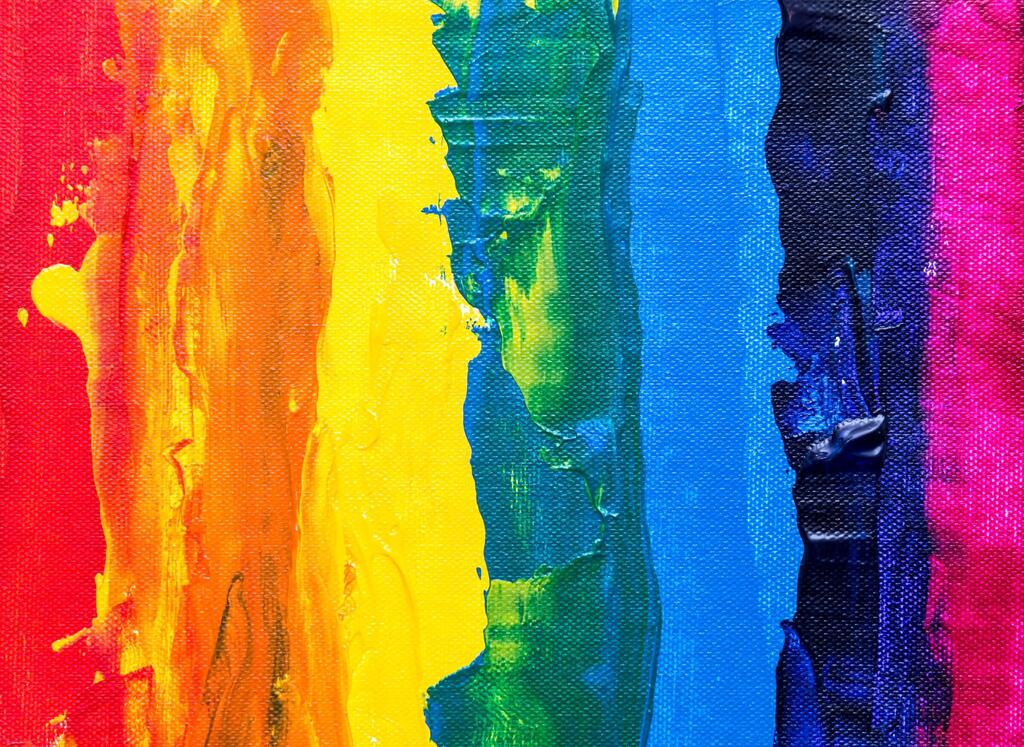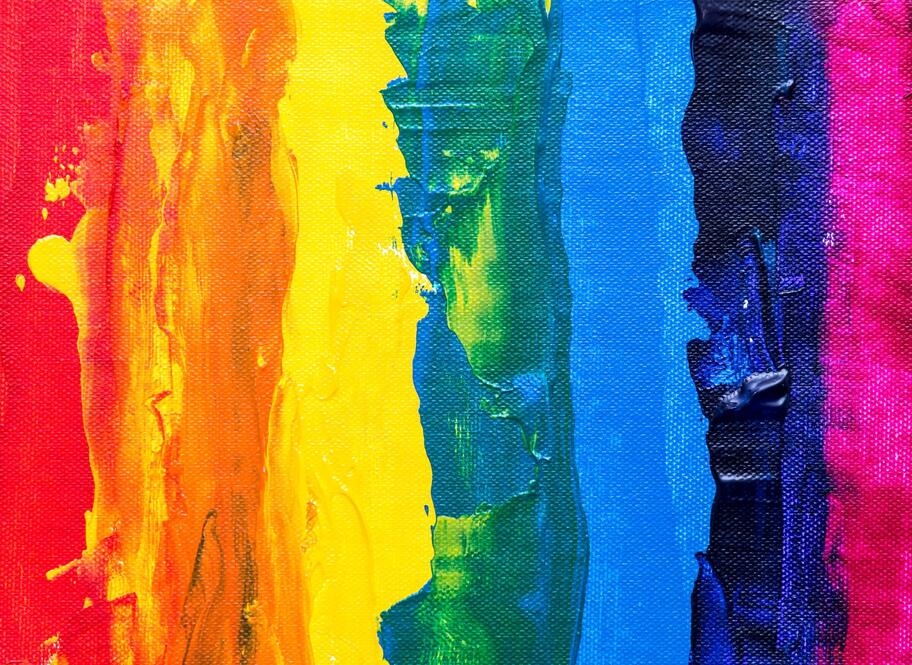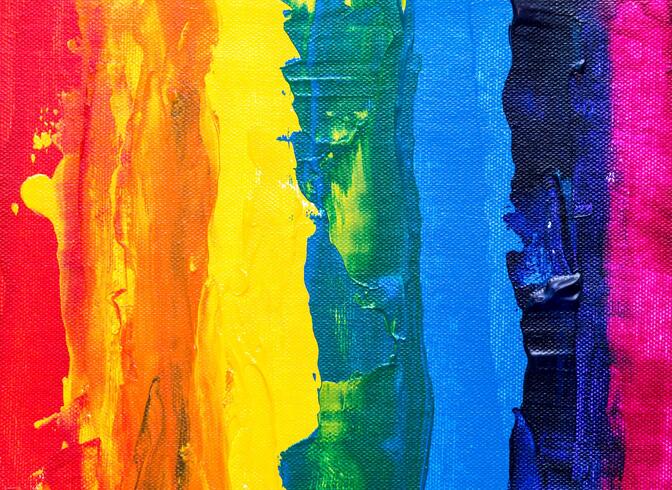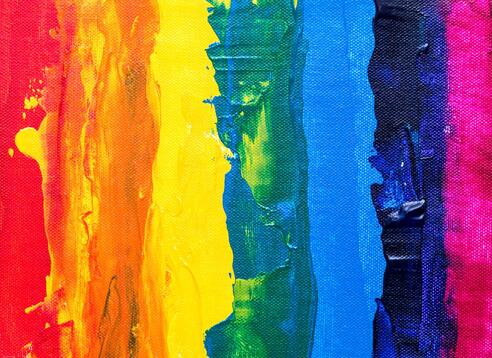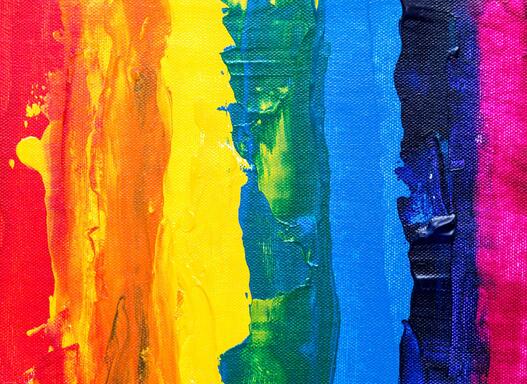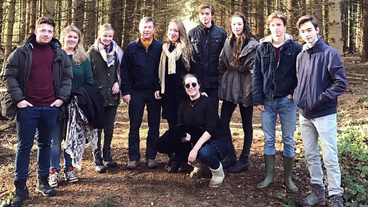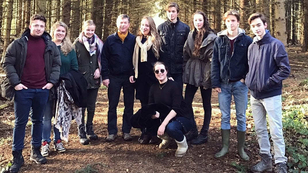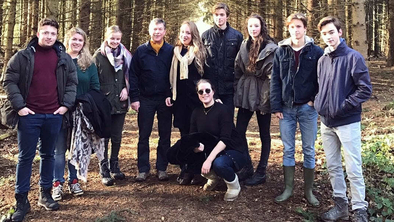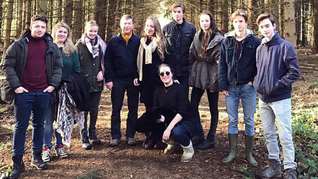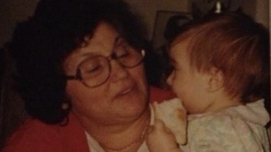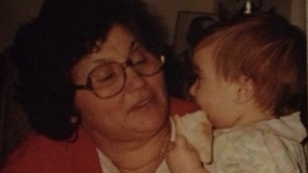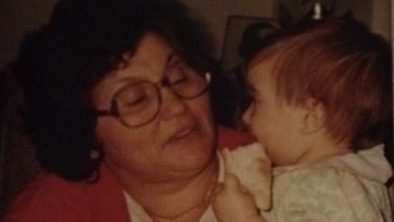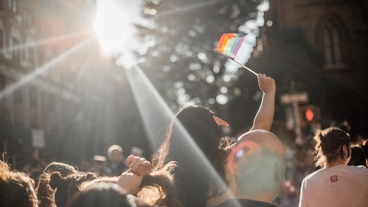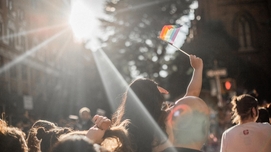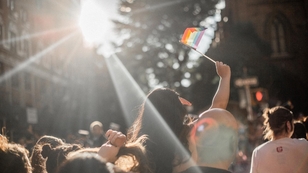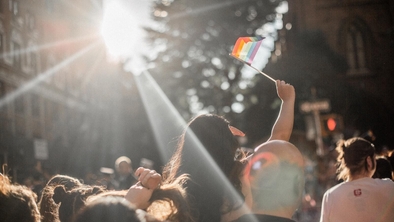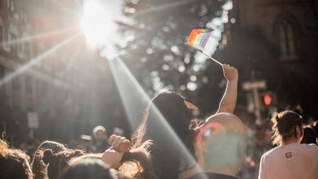Why is pride important and what does it mean to you?
The history of Pride month can be traced back to the Stonewall Riots in June 1969. These riots, sparked by a raid on the Stonewall Inn, a gay bar in New York City, led to several nigh. of protests and resistance by LGBTIQ+ individuals against police harassment and discrimination. This event ignited the modern gay rights movement, and Pride month is an annual commemoration of these struggles and a reminder of the ongoing fight for equality, visibility, and social justice for the LGBTIQ+ community.
As a 37 year old gay man, Pride to me, embodies a multifaceted meaning. For me, and I assume for most mernbers of the LGBTIQ+ community, it is a celebration of our identities. It is also an affirmation of our right to exist and love. Pride for rne represents self-love, self-expression, and the strength it it takes to live authentically in a world that is not always accepting.
I usually celebrate two Prides - one in Sofia, where I come from, and one in Amsterdam where I currently live. The two events bring very different experiences to me. While I celebrate Amsterdam Pride on the canals, partying with friends and close ones, celebrating the fact that we can feel safe to be ourselves, I take a more serious approach in Sofia. There I am usually part of the volunteers organizing the Pride, and I go out on the streets to protest for equal rights and acceptance. Being involved in both events creates a unique experience for me - one gives me the hope that the whole world could be a better place, while the other reminds me that we should not take freedom for granted.
What can one do to support the LGBTIQ+ Community during Pride month
One can support the LGBTIQ+ community during Pride month with various actions, such as educating oneself, promoting inclusivity, and donating to LGBTIQ+ organizations. However, being an ally goes beyond Pride month, and I want to emphasize its importance through a personal story.
At the age of 26, I moved from Sofia to Amsterdam seeking a more accepting society where I could freely express my true self. After finishing university, I started working for a company here in Amsterdam. During the first few weeks, my manager and colleagues assumed I was heterosexual, and I lacked the courage to correct them. This unexpected situation pushed me back into the closet, contrary to my expectations in Amsterdam. Initially, it didn't bother me much since my work and personal life remained separate as a newcomer to the city. However, as some colleagues became friends over time, the situation became increasingly challenging.
During Amsterdam Pride, I decided to share my secret with my closest colleague, who happened to be a heterosexual man. Coming from a more supportive society, he immediately understood my predicament. While I still intended to adhere to the "don't ask, don't tell" policy, he encouraged me to come out to the rest of the organization. It took several months for him to convince me, but he persisted. Looking back, I realize that I would not have mustered the strength to do so without his support.
His initial affirmation and later insistence on not stopping there became a catalyst for my courage and motivation to live life authentically. Ultimately, I did come out to the rest of the organization. Reflecting on that experience, I am grateful for his unwavering support, which played a pivotal role in enabling me to live as my true self. My story underscores the importance of allies in creating a more inclusive and accepting environment. Allies have the power to amplify LGBTQ+ voices, challenge assumptions, and advocate for equality every day, not just during Pride Month.
